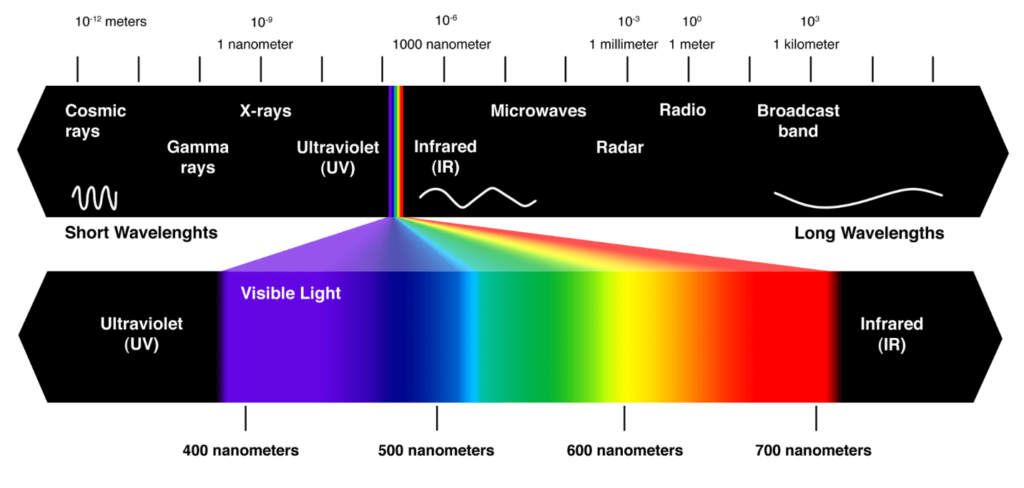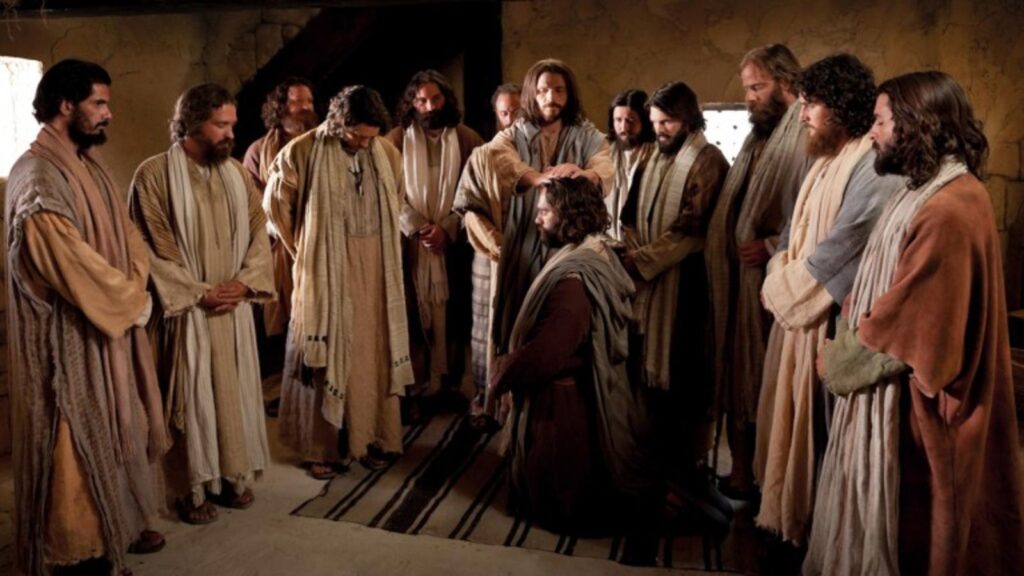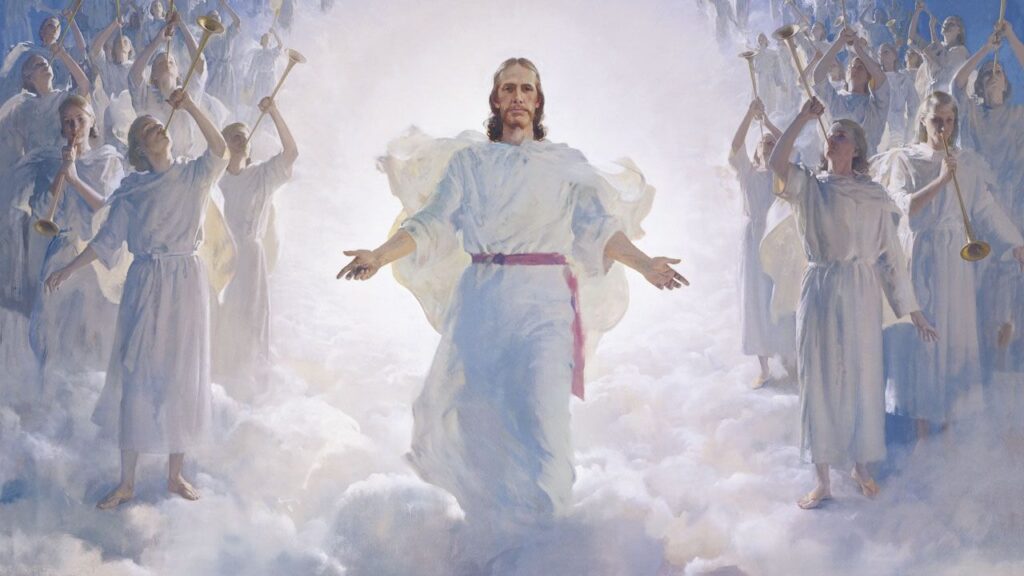To accompany your Come Follow Me study for August 11-17
In addition to reading this section you may want to read:
- Chapter 33: Doctrine and Covenants 88:1–69 (churchofjesuschrist.org)
- Chapter 34: Doctrine and Covenants 88:70–141 (churchofjesuschrist.org)
- Joseph Smith’s Revelations, Doctrine and Covenants 88 (churchofjesuschrist.org)
- Saints, 1:164–66;
- ‘A House for Our God’ (churchofjesuschrist.org)
- “A School and an Endowment,” Revelations in Context, 174–82.
You may also enjoy the following video:
If you would like a Kahoot game related to this section which you could use with your family or your class, click here: https://create.kahoot.it/share/doctrine-and-covenants-88/42c7ef94-c562-4963-ad13-4b877eb83517. To use it with a group, after clicking on this link, you will need to log into Kahoot, creating a free account if you have not done so previously, then click on the blue “Host Live” button or the gray “Assign” button, depending on how you wish to use the Kahoot. Some of the Kahoot questions may presuppose that the player has read through the suggested answers to the following Points to Ponder and at least has browsed the Institute student manual as well.
Points to Ponder in Doctrine and Covenants 88
1. What is the significance of the Prophet’s designation of D&C 88 as the “Olive Leaf … plucked from the tree of paradise”? Is the tree of paradise really an olive tree? Why not refer to the section with equal propriety as the “Lettuce Leaf,” the “Cherry Blossom,” or the “Banana Branch”?

2. Give the reference for four passages in D&C 88 which you feel exemplify the point made in your answer to question #1 above.
3. What do we learn in this section about the relationship between physical light and spiritual light? (88:7-13)

4. What do we know about the extent to which the earth itself has consciousness and volition? How can it be said to be abiding “the law of the celestial kingdom,” when it seems to just sit here oblivious to what people are doing on its surface? (88:25)

5. What does it mean in our case to “abide the law of a celestial kingdom”? What is the “law of a terrestrial kingdom”? The “law of the telestial kingdom”? (88:22-24)
6. It appears from 88:29 that in order to merit the celestial kingdom hereafter it is necessary to be “quickened by a portion of the celestial glory” even here and now. What does that mean?

7. Can you reword and simplify the main idea of 88:37 so that a middle school student could understand it?

8. Try the same with 88:40.
9. Now how about 88:41.
10. What do we learn about life in outer space from this section?

11. What is the point of the parable in 88:51-61 concerning the man with twelve servants?

12. What does the Lord mean in 88:65 when he says that if we ask for anything that isn’t expedient, it will turn to our condemnation? Does the Lord get angry with us just for asking?

13. Which other verses in D&C 88 are related to verse 68? Why do you think so?

14. What does the Lord mean in saying “I will hasten my work in its time”? Has that time arrived? What else do you foresee that might help with the promised hastening? (88:73)

15. Aren’t we likely to get pretty hungry if we take 88:76 seriously? Explain.

16. What significant points does this section make concerning
- How to study?
- What to study?
- Why to study?

17. To what extent can and should the Lord’s instructions concerning the School of the Prophets be applied to a Sunday School class or to a family Come Follow Me class?

18. What is meant by the “desolation of abomination which awaits the wicked, both in this world and in the world to come”? (88:85)
19. What does it mean when it says “abide ye in the liberty wherewith ye are made free”? (88:86)
20. What do you consider the two or three most significant and currently relevant contributions of D&C 88:88-116 to our understanding of the Second Coming and related events?

Possible answers to Points to Ponder in Doctrine and Covenants 88
1. What is the significance of the Prophet’s designation of D&C 88 as the “Olive Leaf … plucked from the tree of paradise”? Is the tree of paradise really an olive tree? Why not refer to the section with equal propriety as the “Lettuce Leaf,” the “Cherry Blossom,” or the “Banana Branch”?
As the Come Follow Me manual indicates, the olive leaf is a traditional symbol of peace. It seems significant that just two days after the potentially intimidating section 87, foretelling of desolating wars, the Lord would balance that with a message of peace.
2. Give the reference for four passages in D&C 88 which you feel exemplify the point made in your answer to question #1 above.
Your choice. The following are possibilities:
- 88:1-4
- 88:17-20
- 88:63-69
- 88:83
- 88:125-126
3. What do we learn in this section about the relationship between physical light and spiritual light? (88:7-13)
According to v. 11, they are of the same kind of matter. Just as infra-red, ultra-violet, and radio waves are related to visible light but are at a different point on the spectrum, so does it appear that spiritual light may be related to them all, but of a frequency that only our spiritual apparatus can detect.
4. What do we know about the extent to which the earth itself has consciousness and volition? How can it be said to be abiding “the law of the celestial kingdom,” when it seems to just sit here oblivious to what people are doing on its surface? (88:25)
Several other passages seem to bear witness that the earth does have a measure of consciousness and volition and chooses to obey. See for example Helaman 12:8, Matt. 17:20, Moses 3:5, Moses 7:48. Beyond that, we know virtually nothing about the subject.
5. What does it mean in our case to “abide the law of a celestial kingdom”? What is the “law of a terrestrial kingdom”? The “law of the telestial kingdom”? (88:22-24)
In each case the phrase seems to mean the law which lead one to qualify for that kingdom. As detailed in D&C 76, the celestial law is that of striving to keep all the commandments and being forgiven for all infractions; the terrestrial law is that of obeying the “thou shalt nots,” though not keeping all the “thou shalts;” the telestial law is doing anything one chooses short of being a son of perdition.
6. It appears from 88:29 that in order to merit the celestial kingdom hereafter it is necessary to be “quickened by a portion of the celestial glory” even here and now. What does that mean?
If one does not enjoy the Spirit of the Lord here and now, he will be unqualified to enjoy his presence hereafter. See D&C 76:118.
7. Can you reword and simplify the main idea of 88:37 so that a middle school student could understand it?
There may be two ideas:
- Every part of the universe is owned and directed by a god.
- Part of every “kingdom” or unit of the universe consists of “empty” space. E.g., even solid rocks are mostly empty space with a few electrons revolving around nuclei, so there is plenty of room for additional kingdoms.
8. Try the same with 88:40.
“What goes around comes around.” Good people will want to be around other good people hereafter, and bad people will be more comfortable with bad people.
9. Now how about 88:41.
God knows everything, God created everything, and God is everywhere–not personally or physically, but through the influence of His Spirit He is in touch with the entire universe.
10. What do we learn about life in outer space from this section?
V. 61 makes clear that the Lord has many other kingdoms in the universe, all with inhabitants, and all of which He will visit in turn. It is not at all clear that mortal man would ever be able to make contact with any of these other intelligent beings without divine aid.
11. What is the point of the parable in 88:51-61 concerning the man with twelve servants?
The Lord will eventually visit this earth and stay for a while (1000 years to be specific), as he has done and will do with others of his creations.
12. What does the Lord mean in 88:65 when he says that if we ask for anything that isn’t expedient, it will turn to our condemnation? Does the Lord get angry with us just for asking?
The “condemnation” may simply refer to the fact that we may get what we asked for, which won’t be good for us, as Israel did when asking for a king and Joseph Smith did on his third request to be allowed to loan the Book of Mormon manuscript. Though their prayers were answered, it was to their detriment.
13. Which other verses in D&C 88 are related to verse 68? Why do you think so?
Verses 67, 69, and 75 all are clearly related. The “therefore” at the beginning of 68 shows that it is tied in to verse 67. The “great and last promise” of verse 69 clearly refers back to verse 68, where the promise was given, as does verse 75. Furthermore, these other three verses are clearly spelling out prerequisites to the fulfillment of the promise of verse 68.
14. What does the Lord mean in saying “I will hasten my work in its time”? Has that time arrived? What else do you foresee that might help with the promised hastening? (88:73)
This “hastening” has been occurring for some time, and we may expect its pace to accelerate. President Russell M. Nelson called the dedication of the Rome Italy Temple “a hinge point in the history of the Church.” He said, “Things are going to move forward at an accelerated pace. The Church is going to have an unprecedented future, unparalleled. We’re just building up to what’s ahead now.”
As an example of the hastening the Lord promised, rather than have pairs of missionaries travel on foot or take boats to their destinations and laboriously contact people one by one, as they had to in 1832, the Lord has provided technological advances that allow missionaries to travel much faster and communicate much more easily and with larger numbers. The age of COVID has seen great advances in the Church’s use of technology to do the work more rapidly and efficiently. We may anticipate yet further advances of this kind which will enable us to contact and teach the rest of the world much more quickly than we were able to with the European and American nations.
15. Aren’t we likely to get pretty hungry if we take 88:76 seriously? Explain.
The “fasting” here referenced doesn’t forbid eating ever again but eating only when the Lord would so authorize and doing only those other things which the Lord would approve at any given time. In other words, it means to deny oneself of all ungodliness, to use Moroni’s language. (Moroni 10:32.)
16. What significant points does this section make concerning
- How to study? Use the best books; use both study and faith; enroll in an organized study program (such as the School of the Prophets was to be).
- What to study? See 88:77-80. Topics would include theology, astronomy, geology, history, current events, prophecy, geography, political science, etc.
- Why to study? To be prepared for further missionary work. (v. 80)
17. To what extent can and should the Lord’s instructions concerning the School of the Prophets be applied to a Sunday School class or to a family Come Follow Me class?
The points in 88:118, 122-124 are equally applicable: The teacher should be more a moderator of discussion than the “expert” or “presenter.” All are to prepare ahead of time, seeking learning both “out of the best books” and by inspiration. All have equal opportunity (and responsibility) to participate in sharing their information and feelings, and all are to listen when others are doing the same. Students are to love one another. Those attending should be as worthy as possible, in order for the Spirit to be present.
18. What is meant by the “desolation of abomination which awaits the wicked, both in this world and in the world to come”? (88:85)
Sicknesses, natural disasters, and death, in addition to the absence of the Spirit, await the wicked in this life. In the life to come they face continued misery from being absent from the Spirit and from an awareness of their having lost eternal opportunities.
19. What does it mean when it says “abide ye in the liberty wherewith ye are made free”? (88:86)
Those who live the gospel are “free” in that they are not the slaves of sin and have greater knowledge and greater power than do those who do not live the gospel. The Lord here exhorts us not to trade in that liberty for the “pleasures” and consequences of sin, which lead to spiritual captivity.
20. What do you consider the two or three most significant and currently relevant contributions of D&C 88:88-116 to our understanding of the Second Coming and related events?
Your choice. Perhaps it could include:
- The need to get the gospel preached to the world as a preparation for the Second Coming. (v. 88)
- An awareness that the Second Coming will be obvious to all, so we are less likely to be deceived by false Christs. (v. 93)
- That the day is coming when the saints will be amply rewarded for all their sacrifices. (v. 107)
